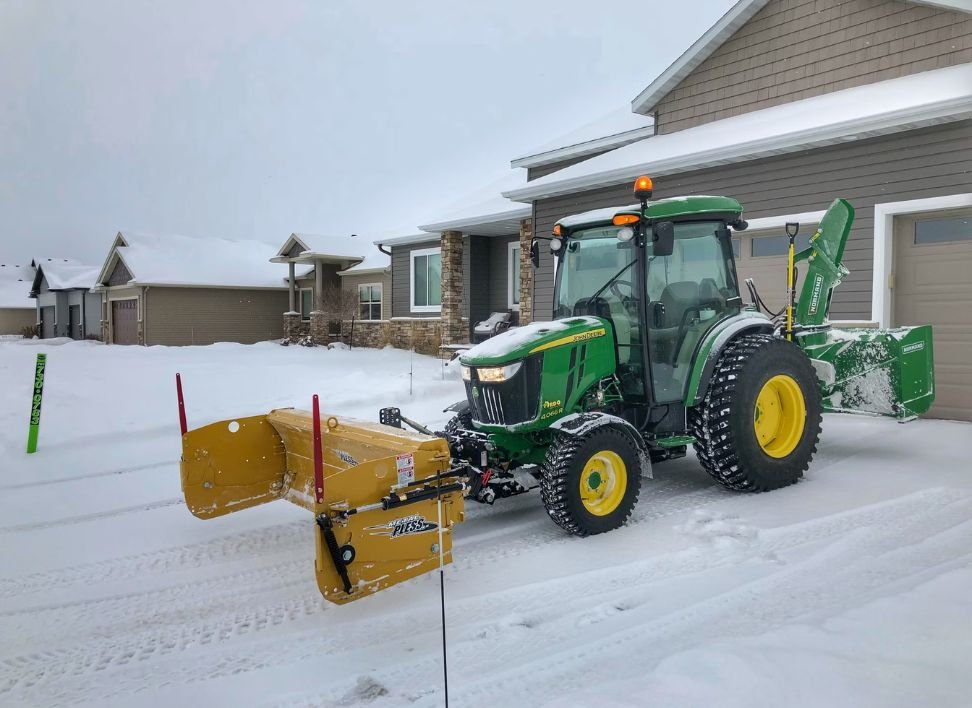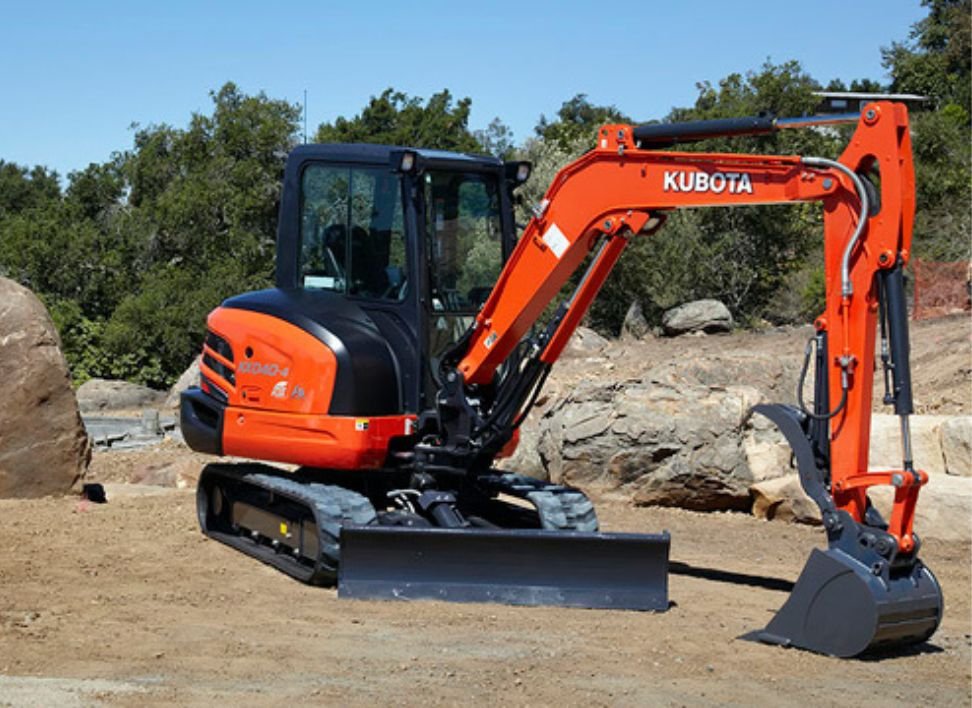We at The Harlow Equipment rental are proud to offer carefully designed rental packages for our equipment. Our prices start from $75/hr with operator and free delivery in the Bay. We make it simple for homeowners, contractors, and landscapers torent a loader, mini excavator, or tractor tailored to their job requirements. Our equipment selection provides the perfect tools for clearing land, digging, and moving materials.

Equipment Rentals
Our tractor lineup is prepared to help property managers and construction site preparers. Clients who need torent a tractor for levelling land, tilling soil, or hauling debris find our machines both powerful and fuel-efficient.
Our tractors are also an excellent fit for lawn care service providers who need consistent performance across demanding terrains.

Equipment Rentals
Our Kubota mini excavators combine small size with high power to perform trenching, digging operations, grading, and foundation tasks. They are perfect for contractors working in urban or residential spaces with limited access and are often used by those needing mini excavators for rent that won’t compromise functionality.

Equipment Rentals
Skidsteers are a complete solution, combining material handling capabilities with grading functions, demolition tasks, and light excavation work. If you’re looking to rent a skidsteerthat easily handles multiple attachments, our Kubota SVL75-2 is your go-to solution.
These machines are regularly used by professionals who need them for paving work, landscaping projects, and construction activities because they work well in tight areas.
FREQUENTLY ASKED QUESTIONS
Absolutely! You can rent a skidsteerfor a single-day or weekend project. Our small equipment units work well in narrow spaces like backyards and driveways. The skidsteer becomes an effective tool for grading and moving soil and clearing debris through its bucket and auger attachment options. Our company provides free site delivery as part of our services.
Yes, we specialize in servinglawn care companies across the Bay Area. Our company’s tractors and skidsteers enable efficient completion of mowing operations, trenching work, and material transport. The rental system enables businesses to obtain equipment whenever they need it. We provide dependable support services with timely delivery for each request.
Our rental equipment supports all aspects of the lawn care industry, including soil tilling, lawn levelling, trenching, and yard waste cleanup. Our equipment delivers efficient performance for spring maintenance tasks and new turf installations. Our system helps you find equipment that perfectly suits your particular work requirements.
Yes, we specialize in serving lawn care companies across the Bay Area. Our company’s combination of tractors and skidsteers enables efficient completion of mowing operations, trenching work, and material transport. The rental system enables businesses to obtain equipment whenever they need it. Our company provides dependable support services with timely delivery for each request.
Many homeowners rent a tractorwith a loaderfor weekend DIY landscaping and renovation tasks. The loader enables effortless movement of mulch, gravel, and debris. Our service includes flexible rental terms and free delivery to help your project stay on schedule. Operators are available upon request.
Search phrases like “rent mini excavator near me” on Google or any other search engine to find top-rated equipment rental providers in your area. You’ll discover trusted local options where you can rent a loader for heavy-duty work or choose from a wide selection of mini excavators for rent. The best outcomes come from reviewing services and checking delivery availability.